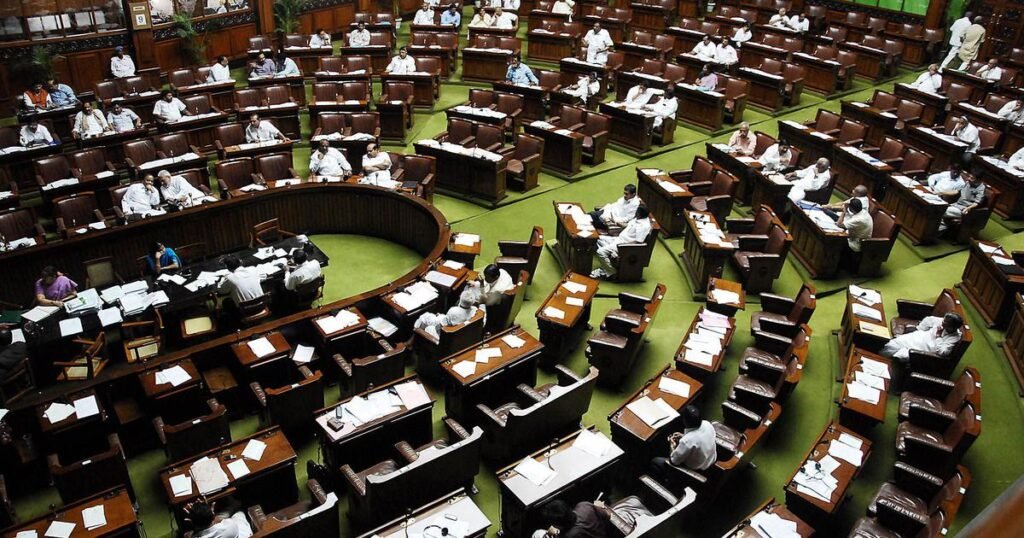
An astonishing 45 bills were passed in the Lok Sabha on the very day they were introduced, out of a total of 222 bills during the 17th Lok Sabha’s tenure. This striking information comes from a comprehensive analysis conducted by the Association for Democratic Reforms (ADR) and National Election Watch (NEW). Among the swiftly passed legislation were significant bills such as The Appropriation (Vote on Account) Bill, The Central Goods and Services Tax (Amendment) Bill, 2023, and The Election Laws (Amendment) Bill, 2021. This rapid legislative action raises questions about the depth of discussion and scrutiny these bills received before becoming law.
In total, the 17th Lok Sabha saw the introduction of 240 bills, with 222 successfully passed. The analysis reveals that, in addition to the fast-tracked bills, 11 were withdrawn and six remain pending, with only one bill receiving the President’s assent thus far. The report also sheds light on the parliamentary engagement of MPs, noting an average of 165 questions asked per MP and an attendance of 189 out of 273 sittings.
Regionally, MPs from Chhattisgarh showcased the highest attendance, while Arunachal Pradesh MPs had the lowest. Maharashtra’s MPs were the most inquisitive, asking the most questions, whereas Manipur’s representatives were the least curious. The NCP’s MPs were notably proactive, with an average of 410 questions each, contrasting sharply with Apna Dal (Soneylal)’s meager average of five questions per MP. The analysis also highlights the varied attendance among parties, with Telugu Desam Party (TDP) members showing high attendance and Aam Aadmi Party (AAP) members recording the lowest.
This comprehensive report not only provides insight into the legislative process and the involvement of MPs but also prompts reflection on the quality of democratic deliberation in India’s parliamentary system.




































Leave a Reply